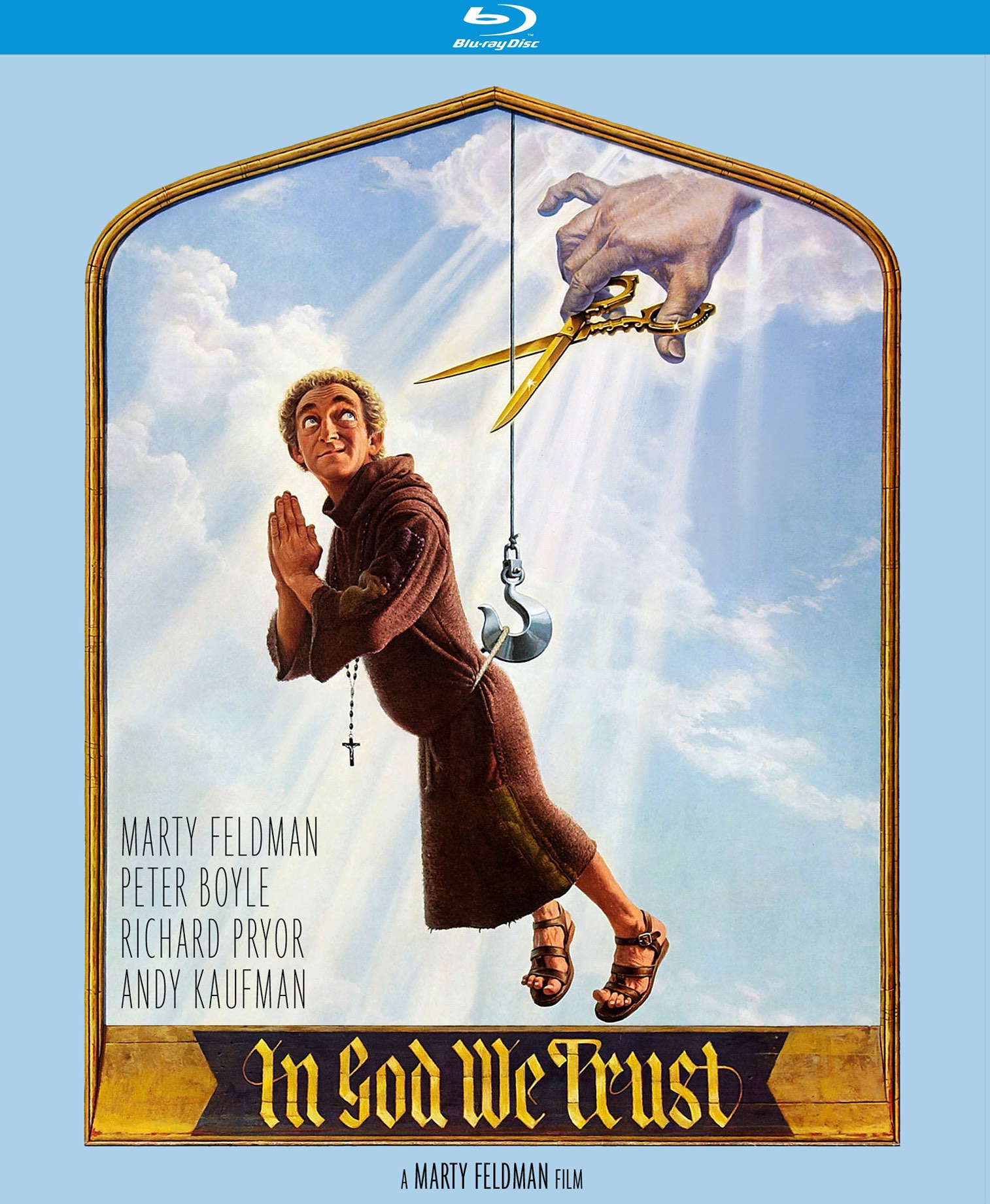Getting The In God We Trust: All Others Pay Cash a book by Jean Shepherd To Work


In God We Trust — Products 2 – Prophetic Art of James Nesbit
How In God We Trust - TN.gov can Save You Time, Stress, and Money.

Watkinson, a Pennsylvania clergyman, motivated the positioning of "In God We Trust" on coins at the war's start in order to assist the North's cause. Such language, Watkinson wrote, would "place us honestly under the divine defense." Putting the expression on coins was simply the start. In 1864, with the Civil War still raving, a group supported by the North's significant Protestant denominations started promoting change to the preamble of the Constitution.

Supreme Court rejects case to remove 'In God We Trust' from US currency
But, such invocations of God in nationwide politics were not to last. In spite of lobbying by major Protestant denominations such as the Methodists, this so-called Sovereignty of God change was never validated. The 1849 liberty head design by James B. upinarmsclothing.com . Though "In God We Trust" was included to coins, it was not added to the progressively typical paper currency.

Where Does 'In God We Trust' Come From? National Motto Appearing in Public Schools Across America
As I show in my book, these developments were associated with the spread of secularism in the post-Civil War U.S. For many individuals at the time, placing religious language in the Constitution or on symbols of government was not consistent with American suitables. The revival of 'In God We Trust' The 1950s, nevertheless, saw a remarkable renewal of religious language in federal government and politics.
The Main Principles Of In God We Trust - Wikipedia
In 1955, President Dwight Eisenhower signed an expense positioning the expression on all American currency. One sponsor of that legislation, Congressman Charles Bennett, echoed the beliefs that had actually inspired the Sovereignty of God modification during the Civil War. Bennett declared, that the U.S. "was founded in a spiritual environment and with a firm rely on God." The next year, "In God We Trust" was embraced as the first official motto of the United States.
Capitol's 'In God We Trust' plaque. Both of these developments reflected the desire to stress Americans' spiritual commitment in the early years of the Cold War. Historians such as Jonathan Herzog have chronicled how leaders ranging from President Eisenhower to the evangelist Billy Graham worried on the strong faith of the nation in setting the U.S.
Just recently, nevertheless, Princeton University historian Kevin Kruse has actually shown that spiritual language was not merely rhetoric versus communism. "In God We Trust" reflected domestic concerns also. The belief in American worship that put "In God We Trust" on coins and made it the national motto in the 1950s had emerged over several decades.
